VJ Day in Japan: Treading a fine line between honouring the dead and atoning for atrocities
Every 15 August, Japan upsets its neighbours by holding a memorial service at a shrine honouring its dead, including war criminals.
In the West, 15 August is known as VJ Day, or Victory over Japan Day, celebrating the unconditional surrender of Japan in 1945, bringing the war to an end.
In the East, it's more complicated. South Korea celebrates Gwangbokjeol ("The day the light returned"). China's VJ Day, or "Victory of war of resistance against Japan Day, is held several weeks later, on 2 September, the date on which Japan formally signed the surrender agreement.
In Japan, of course, it's way more complicated. The official name for the day is "The day for mourning of war dead and praying for peace", which gives a sense of the fine line modern day Japan has to tread between honouring its dead and atoning for its wartime atrocities such as forced labour, sexual slavery and inhumane treatment of prisoners.
Every 15 August, Japan holds a memorial service at a shrine honouring Japan's war dead. This is controversial because the war dead include 14 convicted war criminals. What make the Yasukuni shrine even more controversial is that it is not simply a place of remembrance. In accordance with the country's Shinto religion the souls of the dead are worshipped as deities by the hundreds of thousands of people who visit each year.
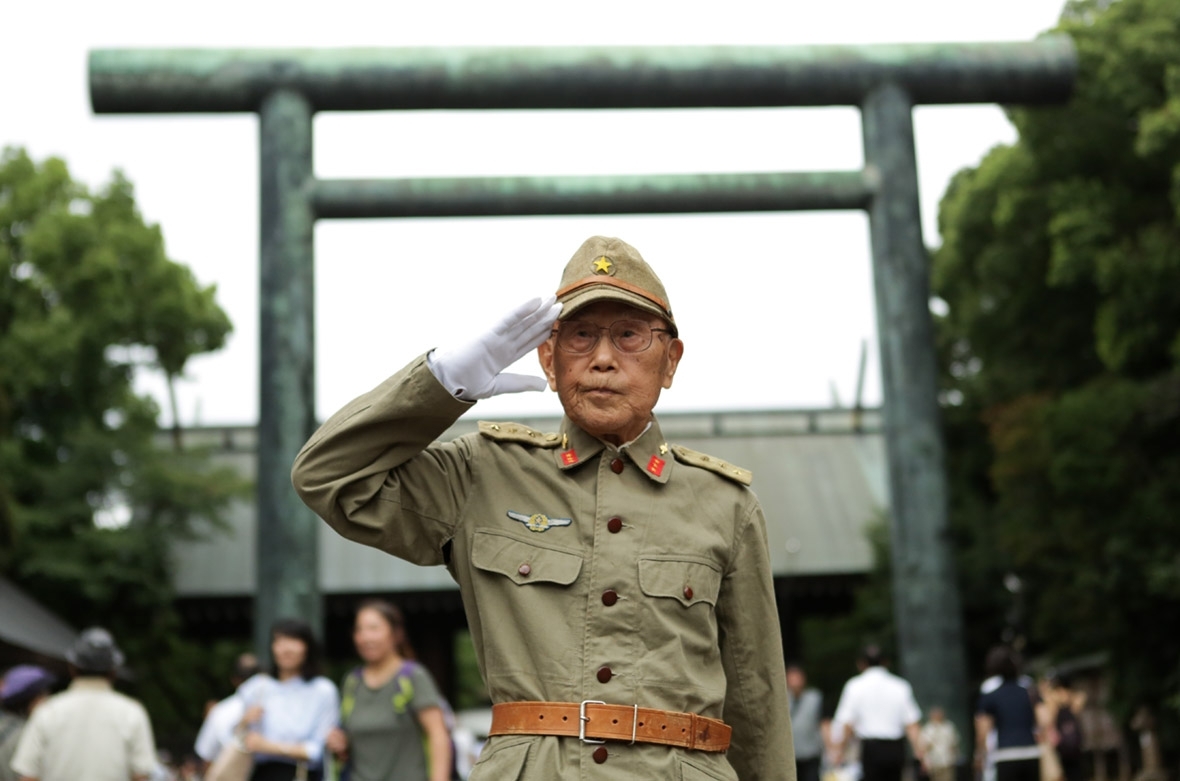


Many Asian victims of Japan's wartime atrocities, especially in China and the Koreas, see the shrine as a symbol of militarism. Japan needs to maintain harmony with China and South Korea now, more than ever, amid heightened tensions in the wake of North Korean missile tests, threats from North Korea to strike the area around the US Pacific territory of Guam and US President Donald Trump's warning of retaliation.
This year, Japanese Prime Minister Shinzo Abe sent an offering to Yasukuni shrine to war dead, but did not visit in person in an apparent effort to avoid increasing regional tensions. Masahiko Shibayama, a political who made the offering on Abe's behalf, said he did so to express condolences for those who died in the war and to pray for peace. He added Abe said he was sorry he could not visit the shrine.
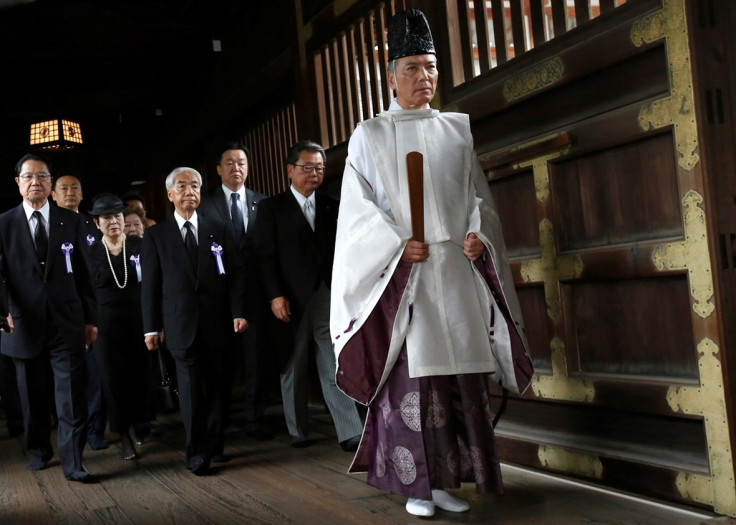
China and South Korea criticised Abe for sending an offering to the shrine. "We express our deep concerns that responsible leaders of Japan's government and parliament are again paying tribute at the Yasukuni Shrine and visiting the shrine that glorifies the history of the war of aggression," South Korea's foreign ministry said in a statement. In Beijing, Chinese Foreign Ministry spokeswoman Hua Chunying said China resolutely opposed Japan's "wrong actions" over the shrine. "China urges Japan to earnestly face up to and deeply reflect upon its history of militarism," she told a daily news briefing.
Abe visited Yasukuni in 2013, an action that prompted criticism from the USas well as from Asian nations, but has since only sent offerings on 15 August and during Yasukuni's twice yearly festivals.
Both China and Korea suffered under Japanese rule. China bore the brunt of Japanese brutality before and during the second world war – including the infamous 1937 "Rape of Nanking" in which up to 300,000 of the city's 600,000 inhabitants and Chinese troops were butchered. Japan surrendered following the atomic bombings of Hiroshima and Nagasaki and the Soviet invasion of Japanese-held Manchuria.



Korea was under Imperial Japanese colonial rule from 1910. During the second world war, millions of Koreans were forced to work under appalling and dangerous conditions to make up for Japan's labour shortages, and thousands of Korean women were forced into sexual slavery. More than 200,000 women, euphemistically referred to as "comfort women", were enslaved by the Japanese Imperial Military in occupied territories, including Korea.
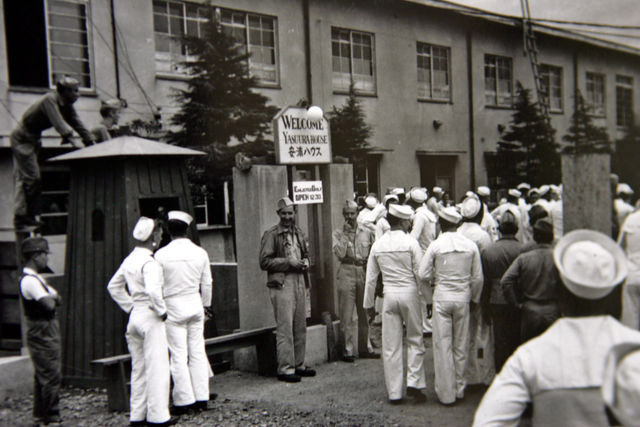
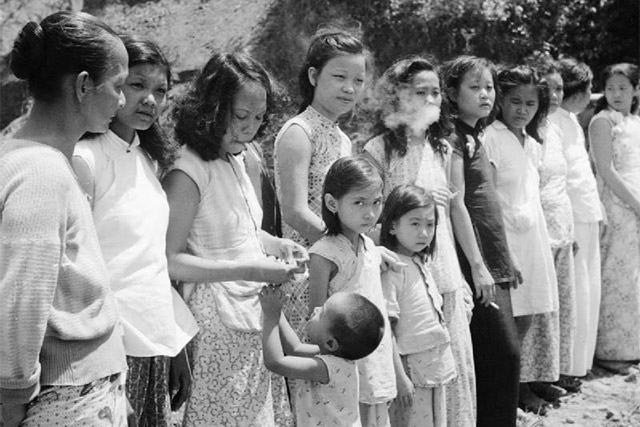
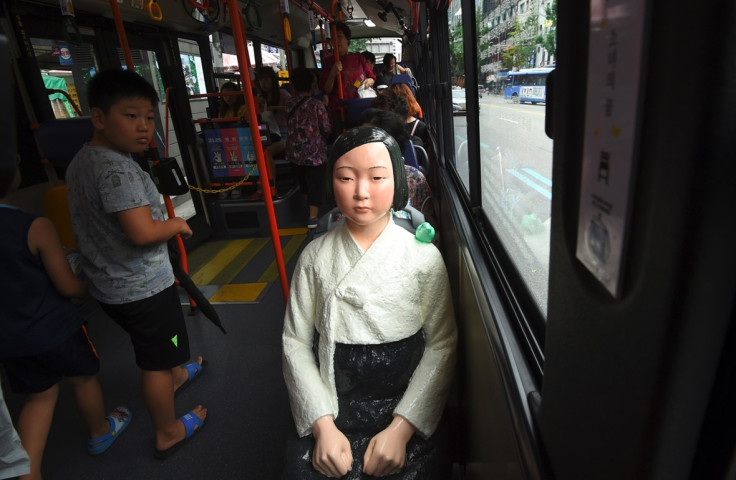
The unconditional surrender of Japan to the Allies brought an end to six years of conflict. Since the European Axis powers had surrendered three months earlier, it meant the official end of the war – although the formal signing of the document would occur weeks later in September.
On the afternoon of 14 August 1945, a nationwide broadcast aired by President Truman announced Emperor Hirohito had surrendered by agreeing to the Potsdam Declaration. This declaration had been issued by Allied leaders on 26 July 1945, and it called for Japan to surrender, threatening an ultimatum of "prompt and utter destruction" if the nation did not. Japan initially refused and on 6 August, an American B-29 bomber released an atomic bomb over the city of Hiroshima. It exploded with the energy of 15 kilotons of TNT, releasing a fireball that consumed the city.
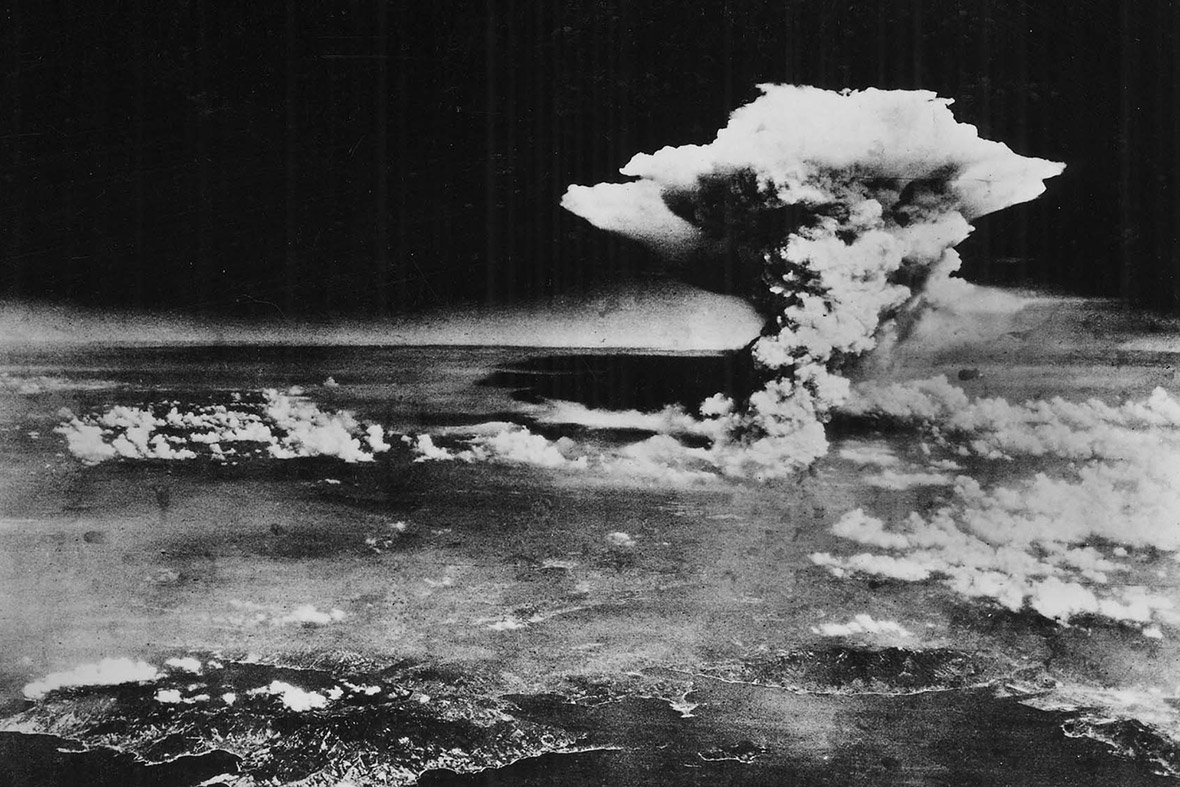

Three days later, the US released a second, larger atomic bomb, Fat Man, over Nagasaki. Up to 200,000 lives were estimated to have been lost in the two attacks, the first and only times nuclear weapons had been used in war.

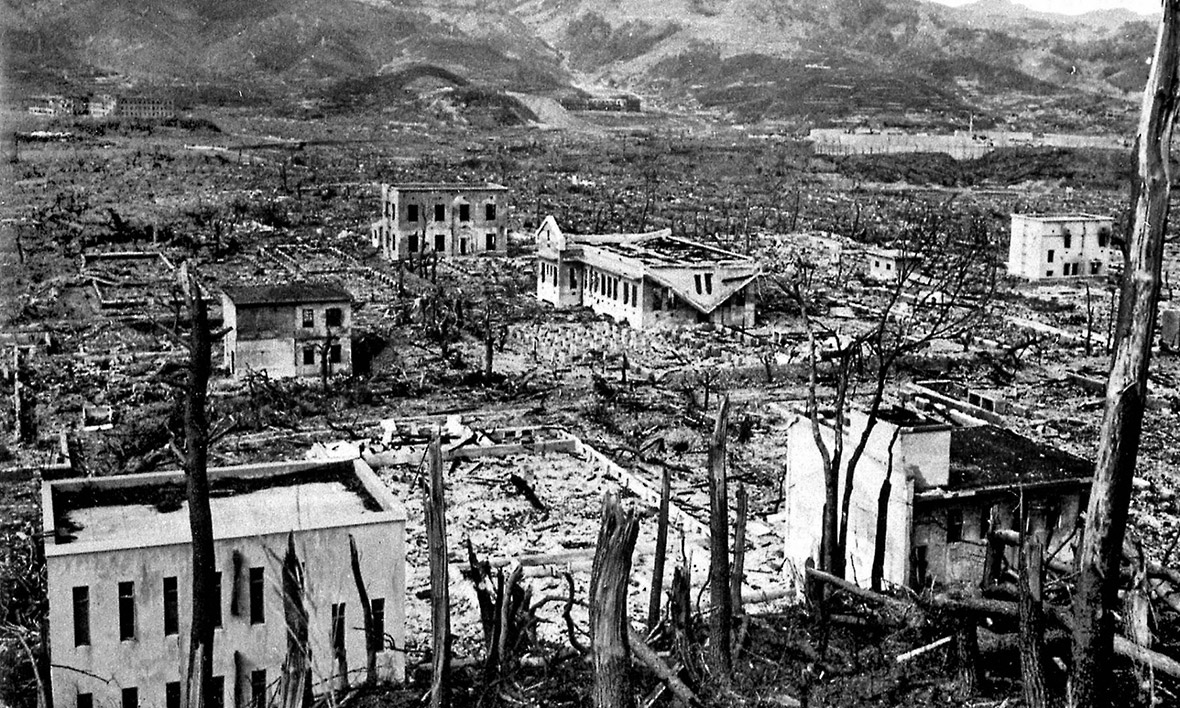
The day after the Nagasaki bombing, the Japanese government issued a statement accepting the declaration. Thousands of people crowded on to the streets of towns and cities in Britain, the US and other Allied nations to celebrate. Buildings across London were lit, signifying an end to the blackouts and darkness the city had experienced during the Second World War.




The reaction in Japan was one of shock. On 15 and 16 August, some Japanese soldiers committed suicide. One man who tried but didn't succeed was Prime Minister General Hideki Tojo, who led the country from its attack on Pearl Harbour until its surrender. When US soldiers arrived to arrest Tojo for war crimes, he shot himself in the chest with a pistol, but missed his heart.
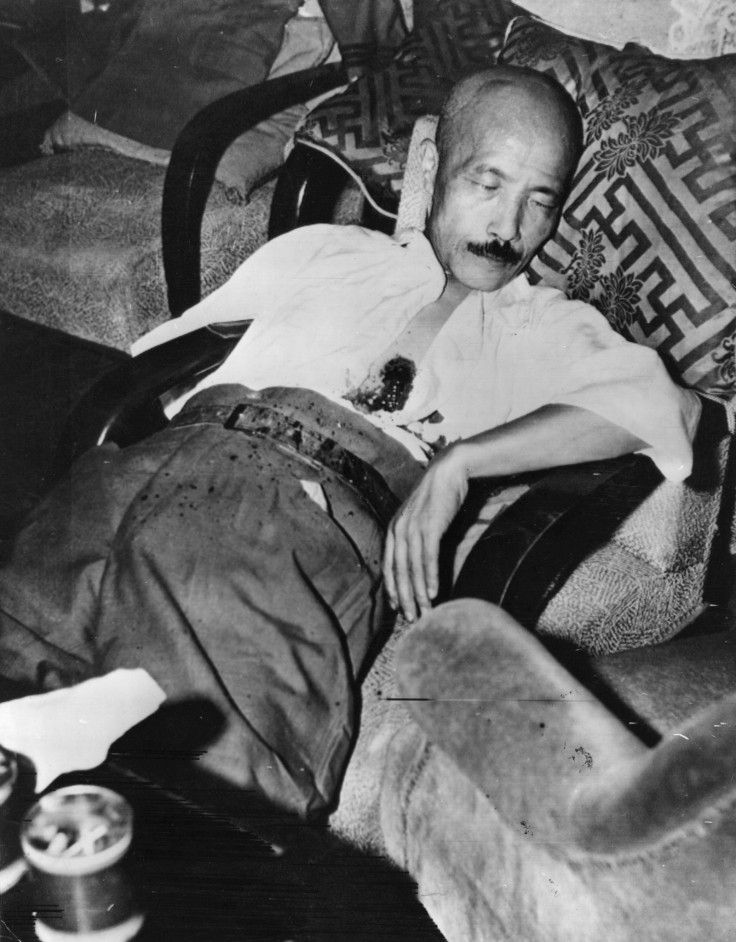
He was tried by the International Military Tribunal for the Far East and found guilty of a list of war crimes including permitting inhumane treatment of prisoners of war. Tojo was sentenced to death and was executed by hanging on 23 December1948.
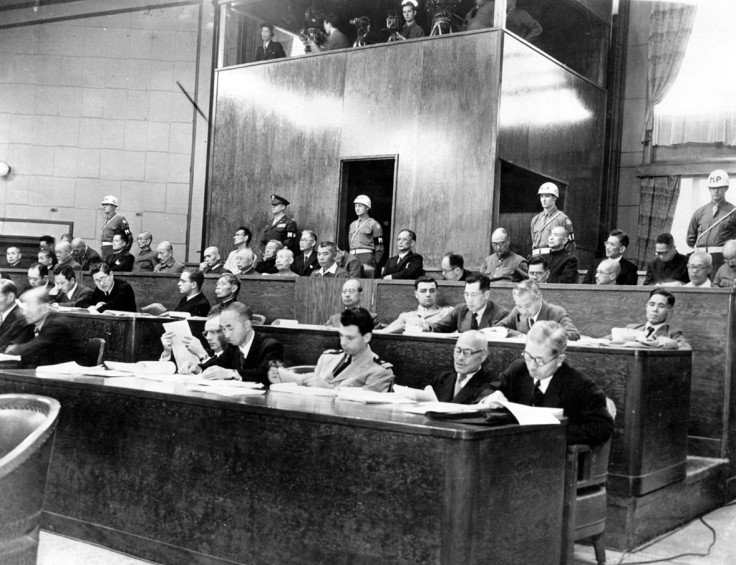
© Copyright IBTimes 2024. All rights reserved.






